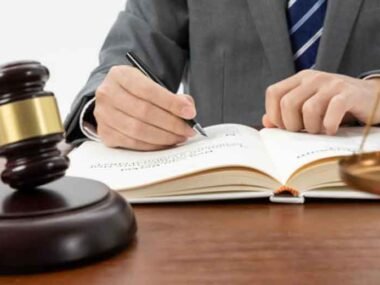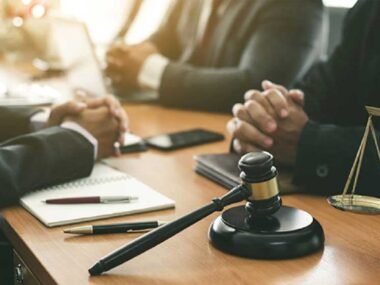You hear the words “accusation” and “allegation” thrown around a lot in the legal world, particularly in the context of licenses. Though they may sound similar, they have vastly different meanings and implications. These differences are essential to understand for anyone climbing the law or regulation summit.
So, what is the difference between a professional license accusation vs allegation? Let’s find out in detail.
Defining Accusation
An accusation refers to a formal allegation against a person that they have committed a crime. This is a term that is often used in subsequent criminal proceedings. If an individual or entity is accused of wrongdoing, it is not without some evidence or basis of opinion. Allegations are aggravating matters with severe repercussions, like trials or sanctions.
Understanding Allegation
Allegation, in contrast, is an accusation that someone did something wrong without any evidence at the onset. Allegations can apply in many paths, not just legal cases, but they often stay in civil court. They are the first stage of the legal process, which sparks some investigation regarding whether there is substance to the allegation.
Legal Implications
Use of accusations and allegations has vastly different implications. While an accusation suggests a higher stage in terms of the legal process, as it normally means that authorities have found enough evidence to formally charge an individual or a group. This may result in a trial or hearing where the defendant is required to prove his or her innocence against the charges.
On the contrary, an allegation does not have the same weight in the first place. Anyone can make it and it needs to be looked into more validly. Allegations can, if substantiated, become accusations and result in charges and litigation.
Impact on Licenses
Such accusations and allegations can impact licenses if doing business, practicing as a licensed professional, or conducting other licensed activities. Regulatory bodies take license-related accusations very seriously, and such a claim usually results in swift scrutiny or suspension. Based on the results of the legal process, the accused may be temporarily or permanently barred from practicing.
Accusations are less serious initially, but still can affect a license. Whenever there are allegations, regulatory authorities may take up investigations to find out the veracity of the allegations. If these allegations are proven to be credible, they can be raised to the status of accusations with more drastic sanctions against the licensee.
Responding to Accusations
Seek legal advice urgently if you are facing an allegation. Having a legal expert on your side can help you deal with many complexities of the scenario while also ensuring the rights of the accused party are handled appropriately. This includes collecting evidence, developing a defense strategy, and, if needed, representing the accused at trial.
Sometimes, transparency and working with authorities can also help to clear up the allegations. Showing that you’ll fix the problem and meet the required standards can, in some instances, lead to a more positive result.
Handling Allegations
Tackling allegations is not simply a task. They don’t have the same kind of urgency as allegations; however, if left unattended, they can snowball into larger issues. It will go a long way if you engage with the process, provide documentation, and work with any investigation, which should clarify the overall situation.
If you make a mistake, be humble enough to accept it. However, be careful not to make any statements that generate a scandal and complicate matters. Professionalism is also important. Consulting with legal counsel may be helpful, as messaging is critical, and you want to sound judicious and measured in any response.
Conclusion
The difference between accusation and allegation will play a big role for everyone who has a license. Accusation is more serious and substantiated by proof; it is likely to lead to a proper prosecution. Allegations are less formal than accusations and need to be acted on quickly before they gain momentum.
These situations require a delicate response, one that is thoughtful and not knee-jerk in the findings—and, naturally, we all know this requires lawyers. Having a grasp of these concepts and their consequences would allow an individual or a business to mitigate their legal risk and protect their interests better.










